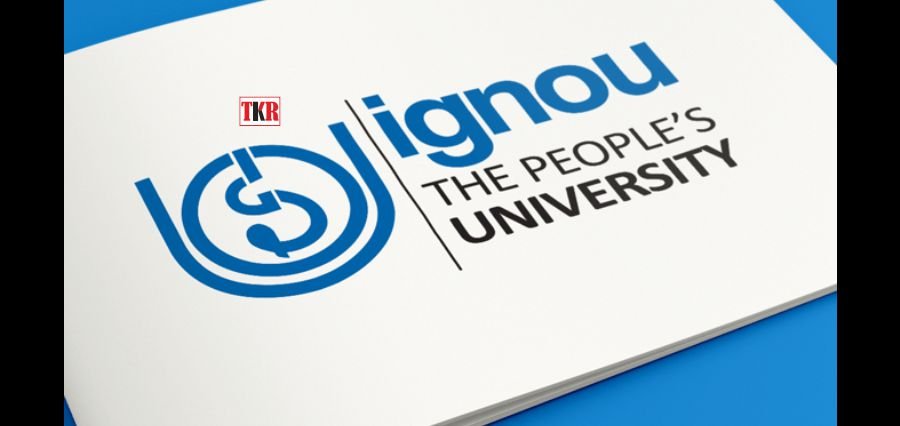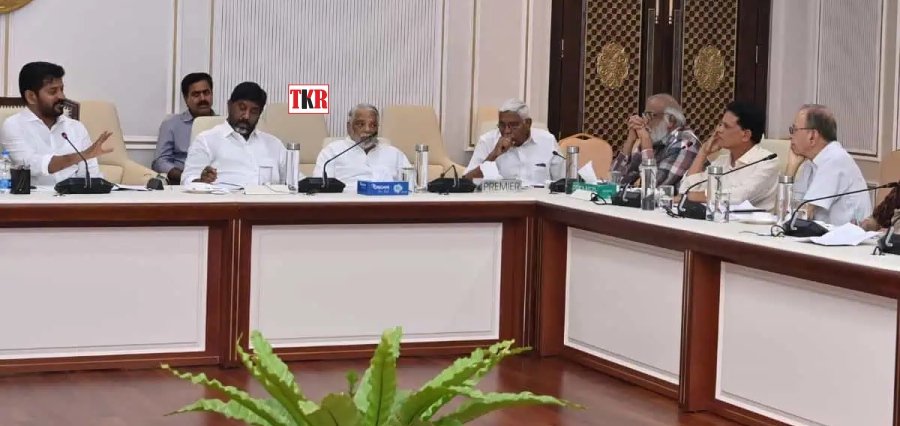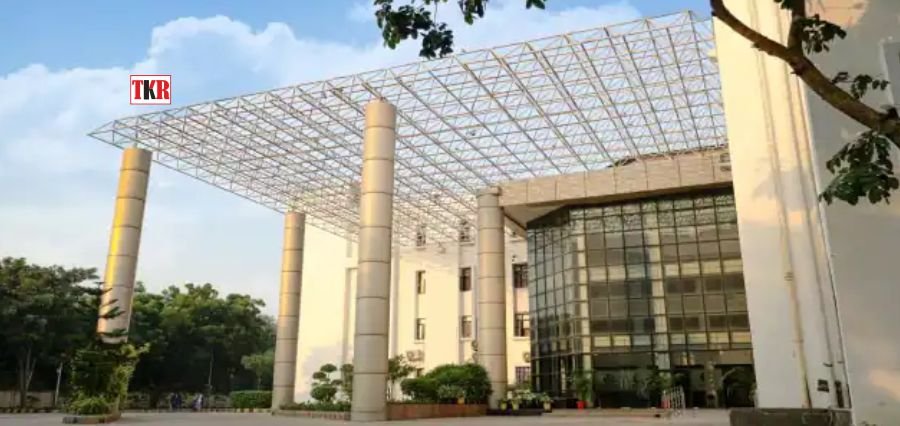Dr. Rahul Kumar, a seasoned business coach, transitioned into this field after a successful career in the corporate world.
The shift from the corporate realm to business coaching and consulting wasn’t abrupt; instead, it evolved organically through a sequence of milestones and pivotal moments. One such defining experience occurred during his leadership of a turnaround initiative for an underperforming division within a company. This endeavor offered him the chance to demonstrate his technical proficiency and to guide and motivate a diverse, multicultural team with varying skill sets and perspectives.
Throughout this period, Dr. Rahul observed the profound impact of his coaching endeavors on team leaders and the alignment of team objectives with the organization’s overarching vision. The division not only met its objectives but also nurtured a culture of continual enhancement and innovation.
The true measure of success for Dr. Rahul in this project transcended mere metrics; it lay in the transformation of individuals, the restoration of confidence, and the refinement of leadership abilities displayed by his colleagues. This experience underscored the pivotal role of personal growth and development as catalysts for business triumph.
Bridging Corporate Experience with Coaching Expertise
Drawing on 23 years of extensive experience within the corporate landscape, notably in training and sales, Dr. Rahul brings a treasury of practical insights to his coaching and consulting endeavors. His transition into the role of a business coach and consultant was a seamless evolution, spurred by a deep-seated realization and fervor for empowering leaders and organizations to unlock their latent potential and achieve transformative growth.
Dr. Rahul’s voyage in the corporate domain has furnished him with a grounded comprehension of the hurdles that businesses encounter. This firsthand insight has uniquely positioned him to offer hands-on, pragmatic guidance to clients from a coaching standpoint. His exceptional aptitudes lie in his knack for discerning the inherent link between individual performance and organizational success.
Approach to Business Growth and Innovation
Through his coaching and consulting practice, Dr. Rahul endeavors to instigate meaningful change by dismantling limiting barriers and nurturing a culture of growth and innovation. He firmly believes in the power of arming individuals with the requisite skills and mindset to propel performance, elevate job satisfaction, and ultimately ignite substantial business advancement.
Moreover, Dr. Rahul has discerned that sustainable transformation in sales and other business realms typically arises from a fusion of strategic planning and personal development. This understanding has guided him in shaping not only workplace systems and processes but also the personal evolution of each individual he collaborates with. By prioritizing a tailored, blended learning approach—comprising intimate one-on-one mentorship, immersive training sessions, and accessible online modules—Dr. Rahul ensures that learning is adaptive, pertinent, and immediately actionable.
Tailored Coaching for Entrepreneurs and Start-ups
Dr. Rahul’s role is enriched by a wealth of practical experience, particularly in establishing sales channels and networks across diverse industries. Armed with a profound grasp of market dynamics, he offers invaluable insights to the business community, advising on optimal approaches to market challenges and strategies for bolstering competitiveness. Driven by data yet rooted in empathy, his methodology seamlessly blends logic with a human-centric approach, ensuring a comprehensive perspective on business expansion.
In his coaching and consulting practice, Dr. Rahul places a premium on personalization, recognizing the unique challenges and requisites of entrepreneurs, start-ups, and established businesses alike. For entrepreneurs, he concentrates on crystallizing their business vision and harmonizing it with personal objectives, laying the groundwork for sustainable success.
Through one-on-one engagements, he accentuates the cultivation of foundational strategies that foster entrepreneurial acumen and resilience. Conversely, start-ups often seek guidance in scaling their operations, and Dr. Rahul offers tailored support to navigate this pivotal phase of growth.
Catalysing Business Transformation
Dr. Rahul specializes in guiding Senior Leadership Teams to identify areas ripe for revolution, be it through operational enhancements, market diversification, or cultural transformations. The objective is to maintain agility and adaptability within businesses, ensuring they flourish in the ever-evolving market landscape. Employing a diverse array of tools and methodologies—such as blended learning, strategic planning, and performance coaching—Dr. Rahul tailors his approach to the specific context of both his own expertise and his audience’s business domain.
His methodology entails facilitating continuous feedback loops and iterative refinement of processes, guaranteeing that implemented strategies yield the desired outcomes. This iterative approach allows for adjustments as necessary to optimize results, ensuring that businesses remain resilient and responsive in a perpetually dynamic market environment.
Ten Critical Factors for Business Success
Business strategy development and implementation are intricate processes that demand careful consideration of various critical factors to ensure success and sustainability. Dr. Rahul Kumar, a seasoned expert in this field, highlights ten crucial elements that contribute significantly to achieving effective and enduring outcomes.
- Clear Vision and Objectives: The foundation of good strategy lies in having a clear and strong vision of the future of the business, along with specific and measurable objectives. The vision should be in alignment with the mission and core values of the organization and would provide a sense of clear direction affecting all the strategic decisions taken.
- Comprehensive Market and Internal Analysis: Equally relevant is the comprehensive analysis of the market and internal environment of the organization. This encompasses the understanding of the external market environment, including competitors, trends in the industry, and the regulatory landscape that may be up for change. Thorough internal analysis is also equally important. It assesses the organization’s strengths, and weaknesses. To make sure the strategy is a solid one, dual analysis is to be undertaken for a firm understanding, both of the market and the company’s unique capabilities.
- Involvement of Key Stakeholders: Strategy development should be a participative affair whereby a majority of the ranks of the organization contribute. This includes leaders, middle managers, and key employees. This engages such stakeholders and ensures that, indeed, their views are taken into account, but also ensures a sense of ownership and commitment toward the strategy implementation.
- Realistic Resource Allocation: Strategic strategies are given sufficient budget, time, and human resources required for implementation. It is paramount that realistic goals be set from the resources available to ensure the actual realization of the set strategic goals.
- Agile Planning and Execution: This is a flexible process that will enable changes both from the market and internally within the business environment. It is only in this condition that companies can go for an agile strategy development process where iteration, flexibility, and agility are well integrated within the system, giving it time to respond to unexpected challenges or market opportunities.
- Effective Communication: Transparent and consistent communication through the process of strategy development and implementation is one of the most vital since it keeps every one of the stakeholders properly aligned and informed. This includes clearly messaging all team members and individuals about the role they play in reaching your strategic goal.
- Dynamic Leadership: Empowering leadership is very key to running the strategy from its development to execution. Leaders need to be strategic thinkers who not only understand what that means but be motivators in their own right, with the inspiration and rallying of their teams towards the strategic vision.
- Systems for Performance Monitoring and Feedback: The Company has established mechanisms for monitoring the performance regarding the strategic goals on a continuing basis. This helps in measuring the progress by making necessary adjustments. Feedback systems also contribute to learning and continuous improvement.
- Cultural Alignment: The strategy subject should gel with the culture of the company or contain elements that will ensure addressing the change required in culture. A strategy that conflicts with the culture of an organization will most probably face resistance and, as a result, will not serve its purpose.
- Commitment to Learning and Development: According to Dr. Rahul it is important to ensure there is a team with the skills and knowledge required to put in place the strategy. This may entail training programs or even recruiting based on the expertise available. The focus on these factors will lead to highly enhanced effectiveness in both the development and implementation of business strategies, thus leading to sustained success and growth.
Dynamic Development Approach
Creating an effective leadership development approach involves an intricate blend of personal growth and professional skill enhancement. Dr. Rahul’s coaching practice focuses on cultivating leaders who not only achieve business objectives but also inspire and guide their teams in today’s continuously evolving business realm. Here is a detailed exploration of his comprehensive methodology for developing leadership abilities.
- Self-awareness and Emotional Intelligence
- Visionary Thinking
- Strategic Planning Skills
- Communication Skills
- Adaptability and Resilience
- Ethical and Inclusive Leadership
- Empowering Others
- Continuous Learning
- Mentorship and Coaching
- Essential Leadership Qualities
Developing these skills and qualities through focused interventions helps leaders not only meet the challenges of today’s business environment but also thrive in it, driving their organizations to success. This holistic approach ensures that leaders are well-equipped to navigate the complexities of modern business dynamics while fostering a culture of continuous improvement and resilience.





